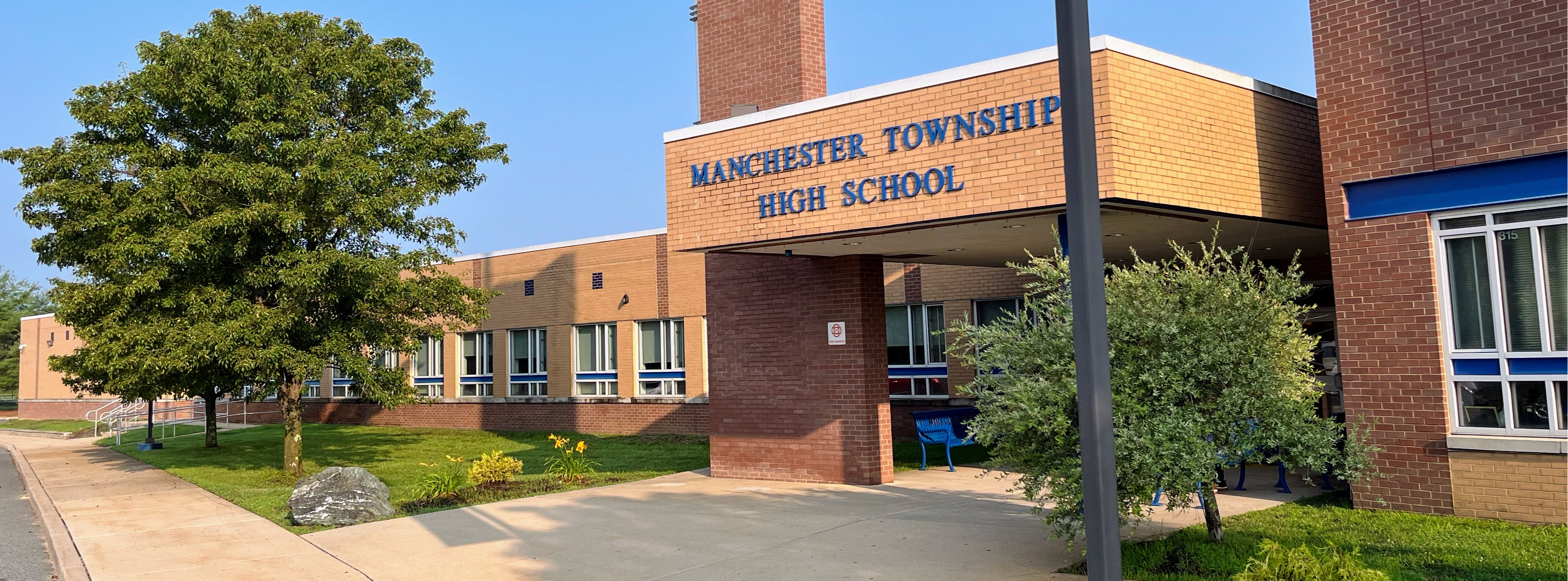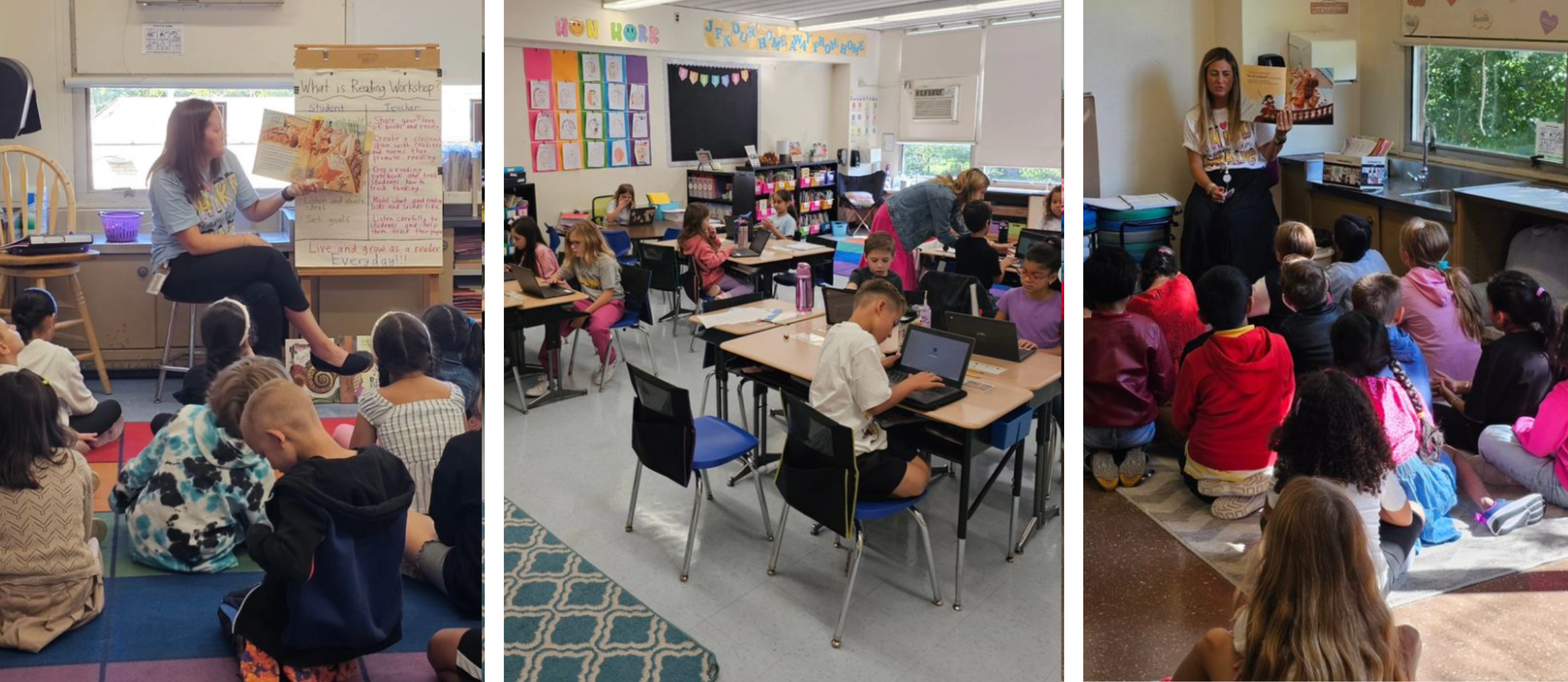Understanding the Relevance of Institutions in Kid Development and Neighborhood Development
Schools serve as critical establishments for kid growth and community growth, supplying environments where academic success are enhanced by the cultivation of social skills and direct exposure to varied perspectives. These educational settings not just advertise crucial reasoning and effective interaction however additionally foster compassion through joint tasks. Colleges' interaction with local areas with service-learning initiatives reinforces the bond between families and educational organizations. This symbiotic connection underscores the significance of colleges in supporting active citizenship and lifelong learning practices. What are the particular systems by which these establishments attain such profound effects?
Academic Accomplishment
Academic achievement works as a cornerstone of child advancement, providing the foundation upon which future discovering and success are built. Colleges play an essential function in fostering this scholastic growth, offering organized environments where kids can get important understanding and cognitive abilities. Standardized curricula make certain that trainees gain proficiency in core topics such as mathematics, scientific research, and language arts, which are crucial for both greater education and learning and professional possibilities.
In addition to imparting essential academic skills, institutions additionally grow critical thinking, analytical capacities, and intellectual inquisitiveness. These cognitive competencies are important for browsing complicated real-world circumstances and adjusting to the ever-evolving demands of the contemporary office. Educators, as facilitators of learning, use diverse pedagogical methods to deal with varied knowing designs, thereby making the most of private pupil possibility.
In addition, academic success is very closely connected to self-esteem and inspiration. Kids who experience scholastic achievements are extra most likely to create a favorable self-concept and a long-lasting interest for understanding. Colleges also provide numerous resources, such as collections and modern technology, which even more boost the instructional experience and prepare trainees for a technically sophisticated society.
Social Ability Development
Beyond academic achievement, the duty of institutions in social skill advancement is indispensable. Schools act as a main place for children to discover and exercise necessary social skills such as communication, problem, and participation resolution. In the structured atmosphere of a classroom, pupils connect with peers, educators, and other college team, providing numerous chances to develop these critical abilities.
Efficient social skill advancement in schools is assisted in with team activities, collective jobs, and extracurricular programs. These interactions aid students comprehend social norms, develop compassion, and foster a sense of neighborhood. As an example, group tasks educate students just how to collaborate towards an usual goal, listen to various point of views, and browse differences constructively.

The farming of social abilities throughout academic year lays a foundation for future individual and specialist connections. Save Temecula Schools. As pupils mature, the capacity to properly work together and communicate ends up being increasingly crucial, emphasizing the college's critical function in alternative youngster growth
Direct Exposure to Variety
Direct exposure to variety in colleges is fundamental to fostering an inclusive state of mind and widening pupils' perspectives. Schools function as a microcosm of the broader society, and experiencing diverse cultures, languages, and socioeconomic backgrounds within this atmosphere equips students with vital skills for navigating a progressively globalized world. This exposure encourages empathy, reduces bias, and advertises shared respect among peers.
Research study indicates that pupils that engage with peers from diverse backgrounds exhibit much better problem-solving abilities and creativity. This understanding of variety prepares students for future offices that worth multicultural competence - Save Temecula Schools.

Neighborhood Engagement
The advantages of varied class extend beyond the school walls, promoting a strong feeling of community interaction among trainees. By interacting with peers from various social, socioeconomic, and ethnic histories, trainees obtain a broader viewpoint and an appreciation for diversity. This exposure encourages them to end up being active residents who are prepared to add positively to their neighborhoods.
Institutions that stress neighborhood involvement often incorporate service-learning projects, which enable pupils to resolve real-world troubles while using scholastic skills. These tasks not just improve students' understanding of their coursework but also instill a sense of responsibility and empathy. Furthermore, partnerships in between colleges and regional companies supply trainees with chances to join community occasions, additionally solidifying their role as proactive neighborhood members.
Additionally, parental and area involvement in schools reinforces the bond between universities and the areas they serve. When colleges open their doors to neighborhood events, workshops, and volunteer possibilities, they produce a collaborative environment that profits all stakeholders. This common support system ensures that trainees receive all natural development, preparing them to end up being well-shaped individuals who value and add to their areas. Via these efforts, colleges play a critical duty in supporting community involvement and fostering societal growth.
Lifelong Discovering Practices
Establishing long-lasting understanding habits is essential for a youngster's continual development and versatility in an ever-changing world. Schools play a critical function in instilling these practices by producing an environment that cultivates inquisitiveness, essential thinking, and a love for understanding. With varied educational programs and extracurricular tasks, educators motivate trainees to check out numerous topics, analyze details seriously, and use their finding out to real-world circumstances.

In addition, schools supply an organized setting where kids can create self-control and time management abilities, both of which are critical for constant understanding. By emphasizing the value of establishing objectives, reviewing progress, and adapting methods, schools prepare students to browse the intricacies of adult life, ensuring they remain lifelong students and contributors to society.
Final Thought
To conclude, colleges are necessary in cultivating kid advancement and community development by supplying settings conducive to academic accomplishment, social ability advancement, and exposure to diversity. Through collaborative projects and communications, institutions enhance important reasoning, compassion, and communication abilities. Area involvement initiatives better enhance the bond in between instructional institutions and local communities. Eventually, institutions cultivate long-lasting knowing routines, equipping people with the necessary knowledge and skills to contribute positively to culture.
In the organized environment of a classroom, pupils engage with peers, instructors, and other college staff, official website using numerous chances to create these crucial abilities.
In significance, direct exposure to diversity within institutions not only improves private pupils but likewise reinforces the social fabric of the neighborhood as a whole.
The benefits of varied class extend beyond the school wall surfaces, promoting a strong feeling of area engagement among trainees.Institutions that emphasize neighborhood involvement often include service-learning projects, which enable students to deal with real-world issues find out here while using scholastic abilities. Collaborations in between institutions and regional companies give trainees with possibilities to participate in community events, even more solidifying their function as positive neighborhood participants.